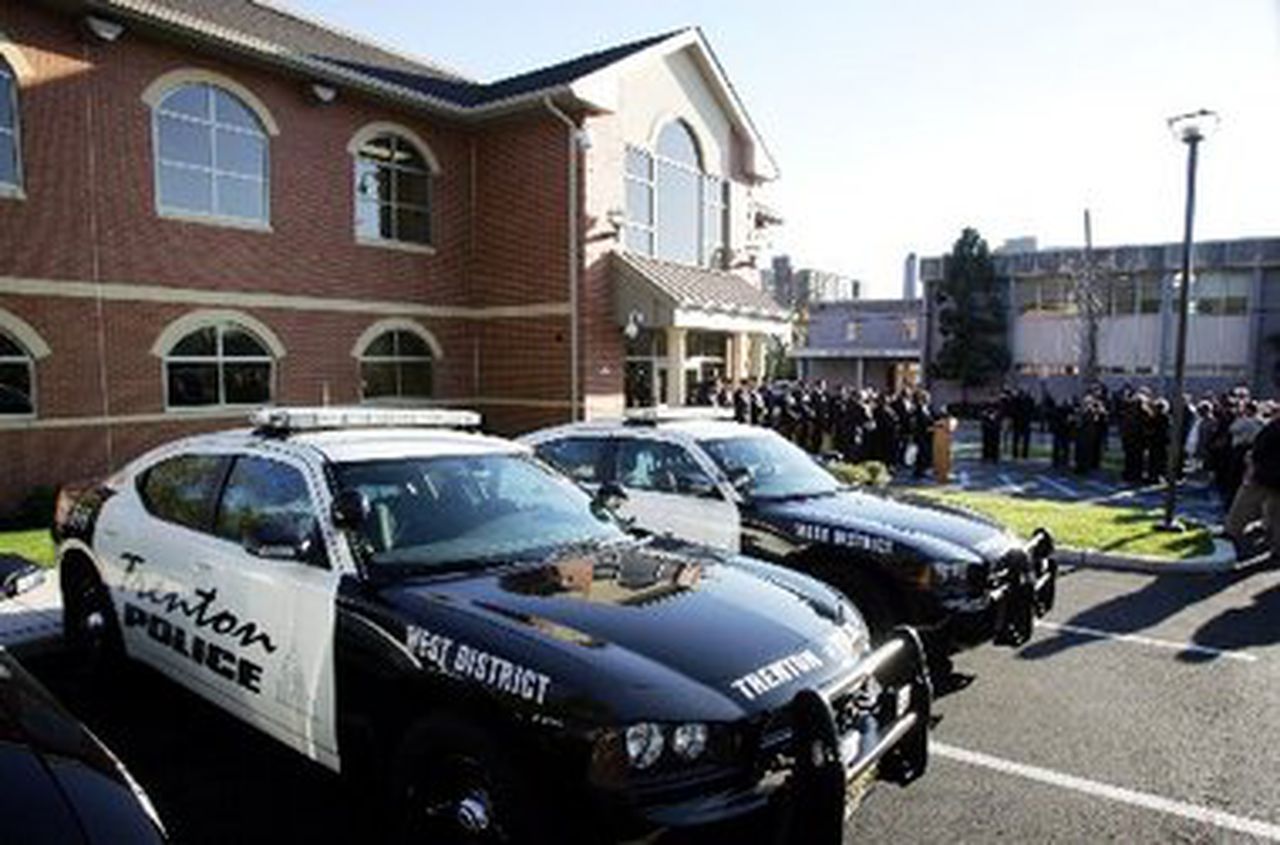DOJâs civil rights probe of Trenton police includes investigation of warrantless searches, unnecessary force
The U.S. Department of Justice (DOJ) is launching a civil rights investigation into the Trenton, N.J. police department after complaints emerged claiming that the law enforcement agency has conducted warrantless searches, unnecessarily used force against people and escalated interactions with residents suffering from mental health conditions.
Kristen Clark, assistant attorney general for the civil rights division of the DOJ announced the probe in a news conference Tuesday. She said the agency is seeking to determine if the police department has a pattern or practice of conduct that violates the Constitution and federal law.
The DOJ uses the term “pattern or practice” in civil investigations relating to trends of excessive force or problematic behavior exhibited by police departments in order to find if there is a pattern of such conduct.
Specifically, the probe will find if the department uses excessive force and unlawfully stops, searches and arrests people traveling on foot or by car, according to a news release.
Clark said the decision to open the investigation was based on a review of court records, media reports, statistical data, body-worn camera footage and additional information.
She said some of the problematic incidents involved officials using force against individuals suspected of minor traffic offenses who complied with officers’ demands without resisting or being restrained.
Other behavior being investigated by the DOJ includes officers using force against people for openly questioning police and observing law enforcement activity, both of which are constitutional rights.
At times, the DOJ claims that officers also stopped pedestrians and vehicles to conduct warrantless searches or arrests that did not have a legal basis.
The DOJ added that some of those incidents left the individuals involved with serious injuries. Reckon has reached out to the city of Trenton for comment.
“These allegations are serious and credible,” Clark said. “The investigation will be thorough and objective.”
Investigators will review all relevant evidence, including the police department’s policies, training materials and documents related to its accountability systems, which involve how the department investigates citizen complaints or disciplines officers.
In order to come to a consensus, investigators will meet with department officials, shadow officers during their shifts and speak with members of the public to discuss their interactions with police.
If the investigation does find that officers committed constitutional violations, the agency will work with the city and police department to arrange remedial actions, which could take place through a court-enforceable consent decree, which is equal to a settlement agreement.
Through that agreement, the DOJ and police department would continue negotiations on how to best reform departmental practices to ensure the department is complying with federal laws and the Constitution. A third-party independent monitor could be appointed to ensure the decree is being implemented and if any specific goals are being achieved.
If the DOJ and police department cannot agree on a way to quell the issue, the agency will file a civil lawsuit against the city and police department.
The DOJ has conducted 11 pattern and practice investigations into police departments across the country since 2021. In June, it completed an investigation into the Minneapolis Police Department in Minnesota, where George Floyd was killed by a police officer in 2020. His death sparked Black Lives Matter movements across the globe that year.
The agency found that the police department routinely discriminated against people with disabilities and individuals who were Black or Native American. Additionally, the agency found instances when the department violated people’s First Amendment rights.
A report released by the DOJ following the investigation revealed that investigators found one instance when an officer pepper sprayed two people questioning police tactics in response to a potential suicide call.
The police department and DOJ chose to resolve the issues through a consent decree. The agency has also conducted similar investigations in Seattle, Wash. and Baltimore, Md.
According to the DOJ, both probes resulted in officers using less excessive force.
